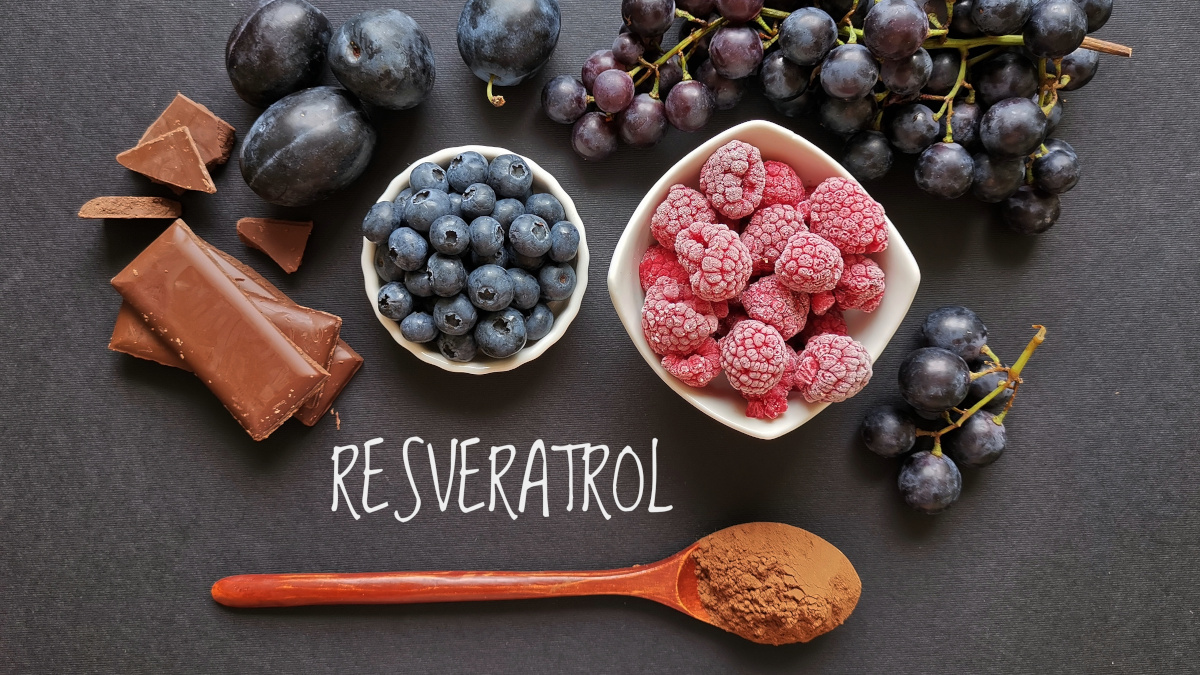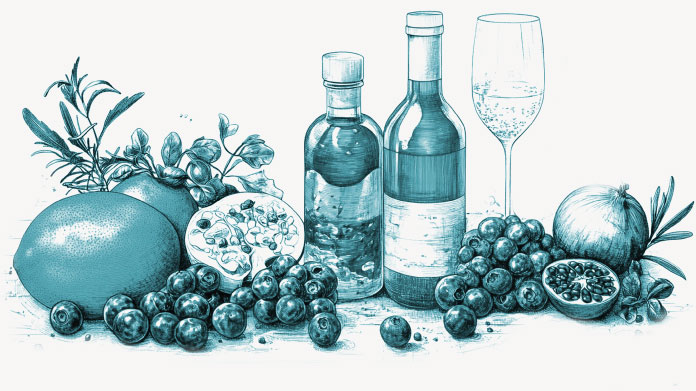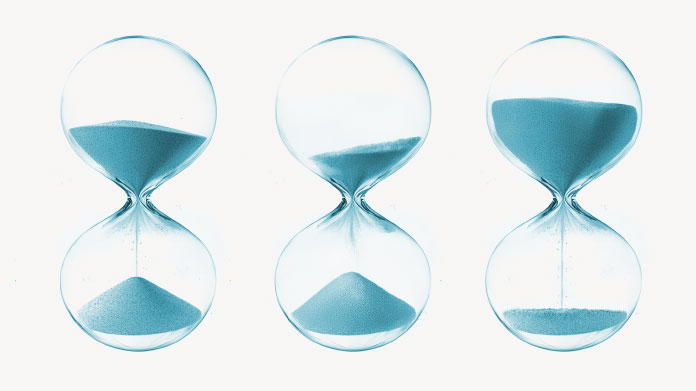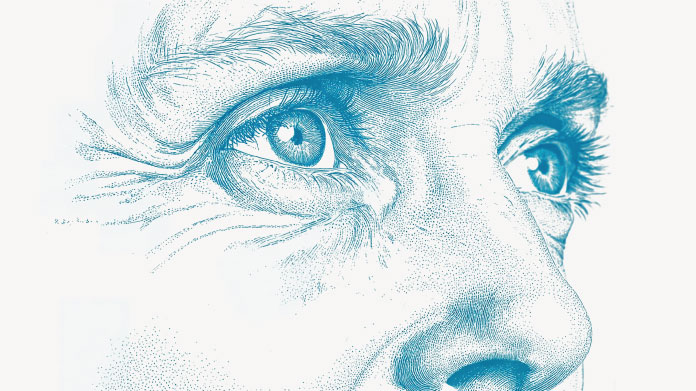Resveratrol: the benefits and side-effects of this ‘fountain of youth’
Resveratrol is a powerful and beneficial polyphenol found at high levels in grapes - and therefore wine. Discover its effects and in which circumstances to either prioritise or avoid it.

What exactly is resveratrol?
Resveratrol is an active ingredient found in grapes, blackberries and peanuts.
It is also found at significant levels in wine: as a constituent of the grape’s skin and seeds, it passes into grape juice during the production of wine.
Resveratrol is primarily known for its protective effects on the cardiovascular system and is thus a key area of interest in anti-ageing research. It is also frequently mentioned in connection with the famous ’French Paradox’. But what exactly does this term signify?
Resveratrol and the ‘French Paradox’
In the 1960s, British epidemiologists observed that there was a higher incidence of cardiovascular health issues among the population of Britain compared with that of France. This, despite the fact that French cuisine is famous for containing generous amounts of fat. Thus the origin of the famous paradox lies in these logic-defying observations.
In 1992, two researchers, Serge Renaud and Michel de Lorgeril, published a study suggesting that the ‘French Paradox’ could be explained by the high content of polyphenols (including resveratrol) in the fruit, vegetables, olive oil and wine routinely consumed in France(1).
While certain aspects of the study require further perspective, this research was largely responsible for raising awareness of the virtues of resveratrol, sometimes referred to as the ‘fountain of youth’. And it remains the beneficial polyphenol most associated with the French diet.
Does resveratrol pose any risks?
In actual fact, very few risks have been associated with resveratrol. Nevertheless, it’s important to be aware that some do exist.
Adverse effects on certain cancer treatments
Some conventional treatments for cancer are based on an oxidant effect of the body’s cells. Taking resveratrol at the same time as such treatments may mean that the polyphenol’s antioxidant properties have an inhibitory effect on the cancer treatment.
Interactions with other drugs
Resveratrol can sometimes exert an anticoagulant effect on the body (2). It’s therefore important that your doctor knows you are taking resveratrol if he or she has prescribed you medication with the same effect.
In the same vein, if you are taking supplements that thin the blood, check with your doctor before simultaneously supplementing with resveratrol.
As a general rule, taking resveratrol is contraindicated before surgery.
Potential side-effects
The majority of people who regularly supplement with resveratrol demonstrate good tolerance. However, certain side-effects have been noted, including gastrointestinal problems.
A very favourable risk-benefit ratio
Overall, resveratrol remains an active ingredient with many benefits for cardiovascular health. Apart from eating foods rich in this polyphenol, which resveratrol supplements should you take?
Choosing the right resveratrol supplement
A number of formulations are available catering for a wide range of needs:
- pure extract of resveratrol. The natural supplement Resveratrol 20mg, for example, contains resveratrol obtained from organically-grown red grapes and Polygonum cuspidatum, and comes in the form of 100% vegan capsules;
- you also have the choice of taking a synergistic formulation containing several active ingredients. With Resveratrol Synergy, you get the benefits of a mix of powerful, natural compounds (transresveratrol, quercetin, fisetin...) boosted by the addition of vitamin C;
- or you could supplement daily with Trans-Resveratrol, obtained exclusively from Polygonum cuspidatum (also known as Hu Zhang) ;
- and last but definitely not least, there’s pterostilbene, a double methylated version of resveratrol with 2-4 times greater cellular absorption than standard resveratrol.
References
- Renaud S, de Lorgeril M. Wine, alcohol, platelets, and the French paradox for coronary heart disease. Lancet. 1992 Jun 20;339(8808):1523-6. doi: 10.1016/0140-6736(92)91277-f. PMID: 1351198.
- https://www.mskcc.org/cancer-care/integrative-medicine/herbs/resveratrol
1 Days
Great service
Great service, exceptional delivery time.
Chris
3 Days
Excellent quality of Super Smart
I’ve used Super Smart products for a long time and since the very beginning I have been absolutely keen about their punctuality in delivering but, most of all, I appreciate the quality of their products and the constant updates following the results of proven research.
Olga Gladys Del Signore
6 Days
Slow post
You have a very good range of quality products, and service is usually good. However delivery was slow due to using the national postage company. Correos. Regards David
David Walsh
6 Days
The service is extremely good
The service is extremely good. Earlier we had to wait for more than a week for the delivery. The speed has improved. Very happy with all the service.
SHERINE Mathew
7 Days
Good Quality!
I have purchased several products from Super Smart & always find the supplements very good quality.
SM
10 Days
Fast and efficient
Fast and efficient delivery. Nice products.
Jean-Michel Gaspoz
13 Days
Immediate service
Immediate service
SAMCOS S A Samcos S A
14 Days
Tres rapid a repondre
Tres rapid a repondre
augusto
21 Days
very easy to order
very easy to order, and the time for receiving it was very short.
SUHAROSCHI Ramona
26 Days
To be trusted
To be trusted
Trusted
31 Days
Orders come super fast
Orders come super fast, they have products that can’t be found anywhere else. They are essential for me. Thank you for existing
Ada
35 Days
I am ordering on a regular basis here…
I am ordering on a regular basis here since well over a decade and there was only once a glitch worth mentioning and as soon as customer service was contacted it was taken care of professionally and swiftly - so: zero complaints really.
C.S.
36 Days
Very reliable
Very reliable. Very good communication. Excellent documentation. Only negative is the website. It’s unnecessary complicated and confusing. Too much of trying to get the customer to buy additional products. Please simplify and make the ordering process easier and faster.
Joe O Leary
38 Days
Excellent products
Excellent products
Akin O
39 Days
Perfect
Fast delivery! Excellent products,
Mihaela Antonie



